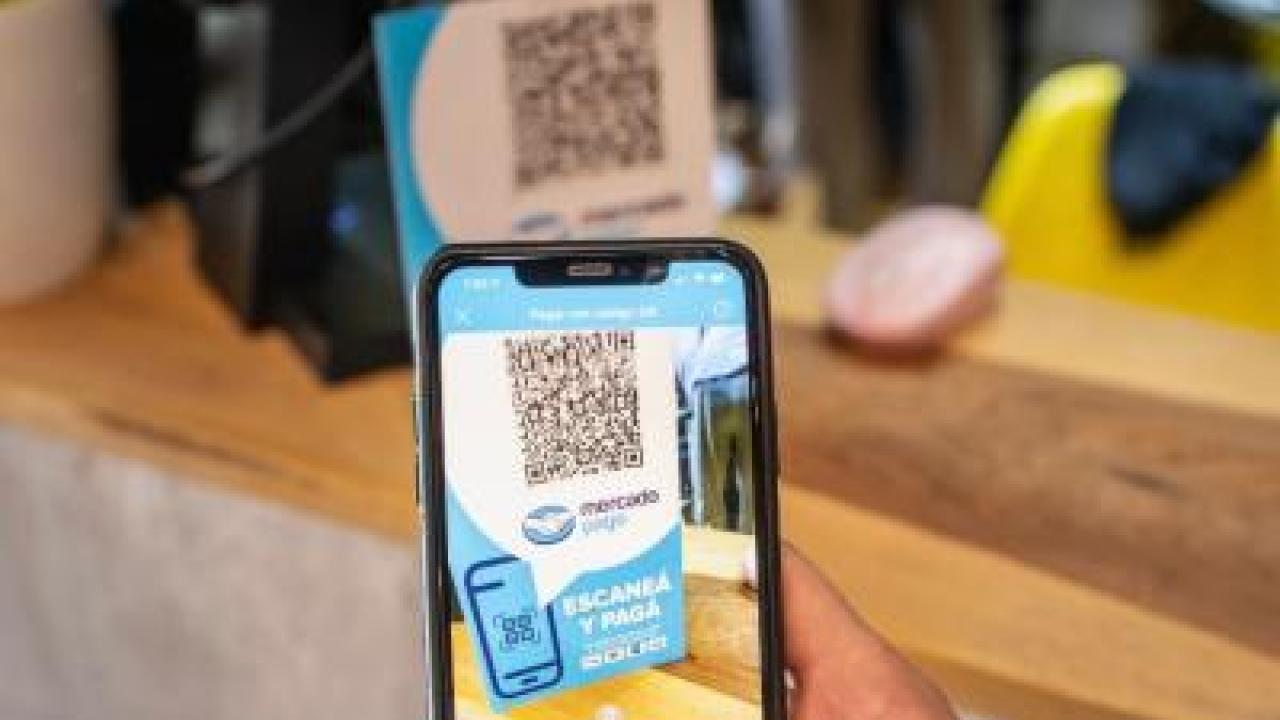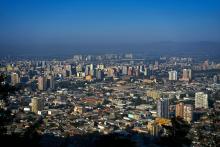
The action is carried out by the Modo virtual wallet, which belongs to the largest local banks, through a presentation before the National Commission for the Defense of Competition.
In a resurgence of the conflict in the local financial sphere, Argentine banks have filed a formal complaint against Mercado Libre for alleged abuse of a dominant position. This is an official presentation made by Modo, the digital wallet created and managed by the country's main financial institutions, in which they point out Marcos Galperin's company for alleged “anti-competitive practices” in the payments and collections sector.
The complaint, filed before the National Commission for the Defense of Competition (CNDC), represents a new development in the conflict that large private banks and Mercado Pago, the financial division of Mercado Libre, have maintained for years in the industry. This conflict has intensified in recent weeks around the interoperability of QR codes to make credit card payments.
“Mercado Pago's technology is very good. But it was created on the infrastructure of the already existing payment system and they incorporated anti-competitive barriers that generate a setback of years in the market,” Santiago Eraso, director of Legal and Compliance at Modo, told the newspaper La Nación about the presentation that was presented today. At 10 am.
In particular, the complaint focuses on five points in which, according to Modo, there would be “anti-competitive practices” by Mercado Pago that would allegedly fall within the categories of “abuse of an exclusive dominant position.” In other words, they accuse it of blocking or preventing other actors from competing with its services.
One of the issues is related to the interoperability of QR codes, a provision of the Central Bank (BCRA) that establishes that all QR codes must allow credit card payments from any wallet, regardless of who the firm providing those QR is. . According to Modo's complaint, “Mercado Libre prevents competing wallets from paying with their QR or through their payment gateway (e-commerce).” At the time of publication of this note, Mercado Libre had not given a response to La Nación 's query.
The implementation of interoperability applied to credit cards (strictly speaking, QRs are already interoperable for payments with money in account or transfer) was a controversial issue, which was even postponed four times by the BCRA since last year.
Although days ago Mercado Libre shared credentials with the firms that requested it (Modo and Account DNI, from Banco Provincia) to advance technical tests, there is still a commercial dispute around this issue.
The alleged dominant position of Mercado Libre
Mercado Pago, owner of the largest network of QR codes in the country, intends for other firms to have a charge (a right of use or fee ) for using their QR codes, as remuneration for their investment to expand this means of payment, a successful scheme in other regions, such as Southeast Asia, which the company introduced in Argentina in 2018.
Firms such as Modo reject this demand, and maintain that BCRA regulations do not establish conditions regarding charges or commissions for the use of this means of payment. “We understand that it is not appropriate. The acquirer charges the merchant, and their business is to charge more times for more payments,” says Eraso, on an issue that still holds back the full application of interoperability.
In turn, Modo denounces that the Mercado Pago wallet, the largest player in the sector, does not open credit card payments for QR operations to the rest of the providers and “prevents its users from initiating payments using acquirers and aggregators.” competitors". That is, today Mercado Libre wallet users who want to make credit card payments can only do so by reading Mercado Pago QR codes.
Regulations and competition
BCRA regulations do not force wallets to open to other QR codes and the decision to keep the application “closed” made by Galperin's company is replicated by other players. However, Modo denounces that, since it is a firm that is the majority player in the wallet segment and the QR network, it would be a case of “vertical integration” that would block competition.
Modo's complaint also states that the Mercado Libre marketplace, where 80% of the country's electronic commerce occurs according to its estimates, "prevents the use of digital wallets that compete with Mercado Pago" and denies acceptance to "those who request to be payment initiators on the platform.”
In turn, they denounce that “Mercado Libre does not allow other competing aggregators and acceptors to provide collection services on its platform,” which would imply a “tied sale” scheme of Mercado Libre's own financial services to businesses that sell through of your platform.
Finally, Modo denounces that Mercado Libre, in another case of alleged “vertical integration”, forces users of its e-commerce platform to open an exclusive account in Mercado Pago.
The presentation was made today before the CNDC, in a scheme that will involve the ratification of the complaint, the analysis of the contents and the notification to those reported.
Meanwhile, Modo requests the agency for a precautionary measure to advance the interoperability of QR codes for credit cards and the opening of the Mercado Pago wallet, in order to enable its users to “initiate credit card payments” in other payment methods or QR codes from your competitors.










